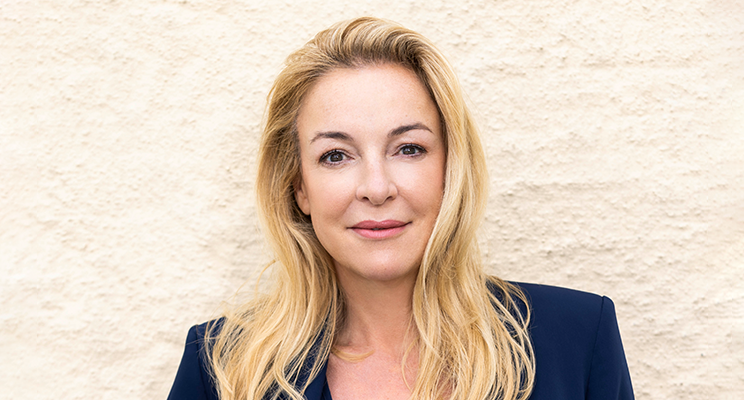Leading Through Disruption
You Have To Understand The Existing Culture First Before Making Changes
February 3, 2023
Kristina Hammer, president of the Salzburg Festival, shares her key leadership lessons with Anastassia Lauterbach and Adam Bryant in this “Leading Through Disruption” interview.
Lauterbach: Stakeholder management is a core skill that all leaders need, and one that is essential for your role. How do you think about that?
Hammer: We do have many different stakeholders, and it’s essential for us to keep a constant and open line of communication with them, especially in these challenging times. And for me, stepping into this new environment with a 100-year history, the key is to show respect, to listen and to gain understanding of different perspectives. It is also about identifying points of tension, talking about those pain points and trying to solve them.
Bryant: This role represented a big career shift for you, after years of working in corporate roles.
Hammer: My past work life didn’t prepare me exactly for this kind of situation. But having worked in so many countries and cultures, as well as in many different kind of companies, I have a better understanding of what to look for, where to look, and what the sensitivities might be.
Lauterbach: Can you learn to be culturally sensitive?
Hammer: You learn it very much through experience, and you can also learn it by listening to people who have that experience. In the end, it is about kindness, humility, respect, and about genuinely liking people. And I am very curious. I’m curious to understand how the people I interact with developed their specific perspectives. As a leader, you have to adapt to the people you work with. You must understand the existing culture first in order to make possible changes.
Bryant: How do you hire?
Hammer: What I try to find out in an interview is whether this is a person we can help ignite, who will be passionate, and who will be willing to bring out the best in themselves and others — by listening and learning and by having this ability to stay calm in a fast-paced environment around the festival time.
I also learned an important lesson early in my life that informs my thinking about the qualities to look for in people. My parents sent me to the United States on my own for summer camp when I was 13 years old. I was the only non-American in the camp in rural Pennsylvania, and I had some very difficult experiences at the beginning.
I went to the camp director to ask what I was doing wrong, and he told me, “You did nothing wrong. They simply didn’t understand you. Talk to them and explain your background and your culture.” I then addressed that openly with the ones who were involved, and in the end, they voted me camper of the week, which was a huge honor.
You need to speak up and turn situations around.
The lesson was that you can make a difference to situations you find yourself in. You need to speak up and turn situations around. It’s about being able to handle situations that do not work out as planned, because this is what we deal with every day. That’s the ability I’m looking for in people. Are they interested to listen and to ask if they don’t understand something? Are they willing to strive and to grow?
Lauterbach: Do you have any advice for leaders on how to get the best work out of highly talented individuals?
Hammer: Highly talented people need respect and the right environment and the setup they deserve. You can really frustrate highly talented people by disregarding any of those three things.
Talented people are where they are, not only because of their talent but because mostly they work harder than anyone else. Not understanding this makes highly talented, hard-working people crazy. They need an environment where they are able to advance and to grow. And they expect you to deliver that environment for them.
Join the conversation on LinkedIn.
Click here to download the article.
